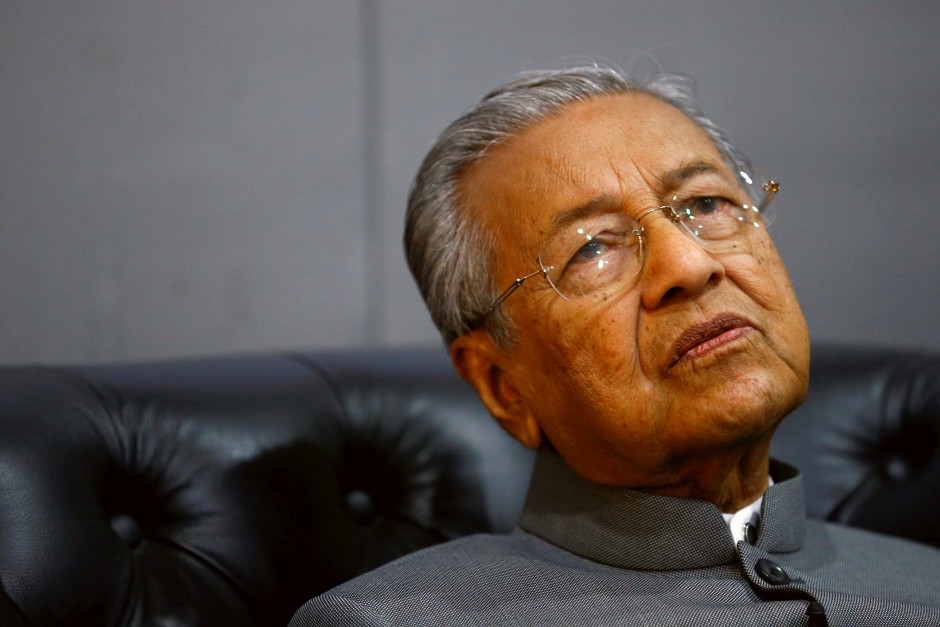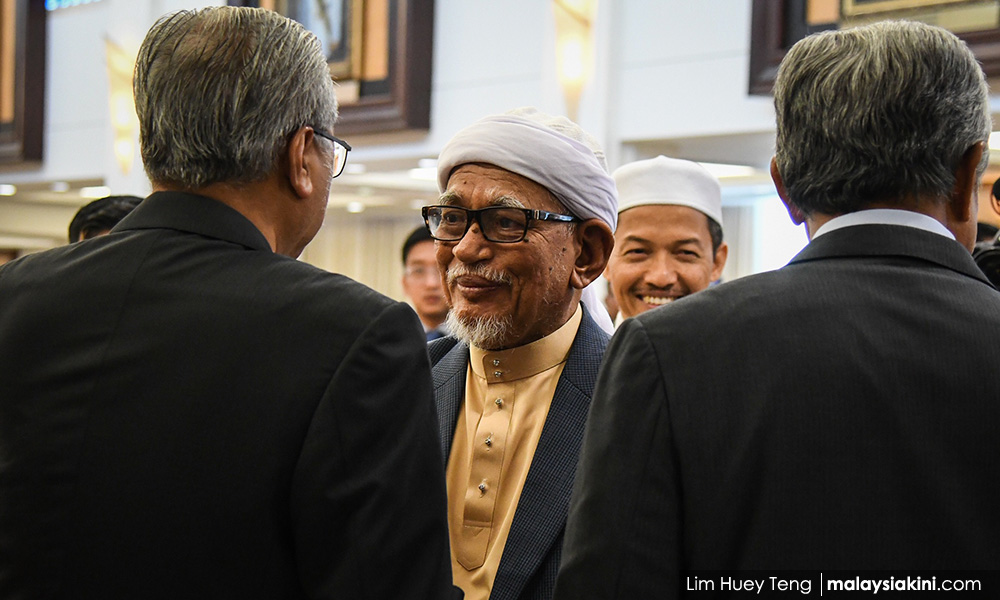
Published by The Star, image from The Star.
SUHAKAM (the Human Rights Commission of Malaysia) commissioner Datuk Mah Weng Kai delivered earth-shattering news today (April 3) regarding the disappearances of NGO activist Amri Che Mat and Pastor Raymond Koh.
“The direct and circumstantial evidence in Amri Che Mat’s case proves, on balance of probabilities, that he was abducted by state agents, namely, the special branch, Bukit Aman.”
“There is direct and circumstantial evidence which proves, on balance of probabilities, that he was abducted by state agents, by Special Branch, Bukit Aman.”
The gravity of these shocking findings can hardly been understated.
While in fairness the finding by Suhakam is not the same as say the finding of a court of law, Suhakam’s institutional credibility compels us to take this finding very seriously indeed, and pursue follow-up action vigorously.
The idea that there are elements of the police (under the previous government, at the very least) that could simply make at least two Malaysians disappear without a trace should give us all sleepless nights.
Words like “police state” and “reign of terror” would not be out of place here.
Perhaps even worse is that the truth of these two disappearances would still be elusive after more than two years.
If it is indeed true that the Special Branch were behind these disappearances, this would explain in no small part why there has been such a long delay in finding the truth.
The Royal Malaysia Police (PDRM) is generally known to be well informed and well connected. It is not unheard of for our police to solve crimes extraordinarily quickly because of their networks and what could – for the sake of this article at least – be termed intelligence gathering capabilities.
The delay in finding answers for such a high profile crime, perpetrated with so many resources in such an organised manner (as can be seen in the CCTV footage of Koh’s kidnapping), thus raises very many pressing questions.
This may be what led Mah to add:
“The family needs some closure and answers can only be provided by the state.
“It is believed that those who have been put in charge so far are withholding the answers to these questions, or are refusing to undertake a diligent exercise to discover them.
“Hence a new and separate taskforce needs to be set up to re-investigate the disappearance of Amri Che Mat.”
Over the years, in writing on cases of deaths in police custody especially, I have taken a more centrist approach towards the question of the Independent Police Complaints and Misconduct Commission (IPCMC).
I believed that while the IPCMC was definitely a good idea, the problem of deaths in custody could be solved even just by concerted political will from the police leadership.
This is because PDRM is generally a very hierarchical organisation, where orders are typically strictly adhered to. If there was a very strong signal from the top all the way down, abuse and mistreatment of prisoners would likely be reduced.
The case of Amri and Koh however, is so high profile that an initiative like the IPCMC that is completely independent from the police – such as recommended by Suhakam – seems to be absolutely necessary, if any form of truth and justice is to emerge from this case.
If the police are indeed innocent, as could well be the case, then an independent investigation will swiftly and conclusively clear their good name.
Our nation must be one where the rule of law is supreme, not rule by law.
If any citizen is guilty of a crime, that crime must be proven in a court of law, following transparent due process. Any other approach is pure vigilantism and terrorism.
The current government must demonstrate an unwavering, uncompromising commitment towards justice – especially in a case involving innocent citizens, where agents of the state may have been involved in kidnapping or even murder.
There should not even be any fear of political backlash, given that these incidences happened during the rule of the former government.
Failure to pursue justice in these cases with the fiercest of diligence would be to fail in the most fundamental duty of a government to its people.
The very thought of any of our loved ones being subject to this type of enforced disappearance makes one shudder. The pain their families has endured is nothing short of unimaginable. How long more will they suffer?
Nathaniel Tan is Director of Media & Communications at EMIR Research, an independent think-tank focused on strategic policy recommendations based upon rigorous research.

